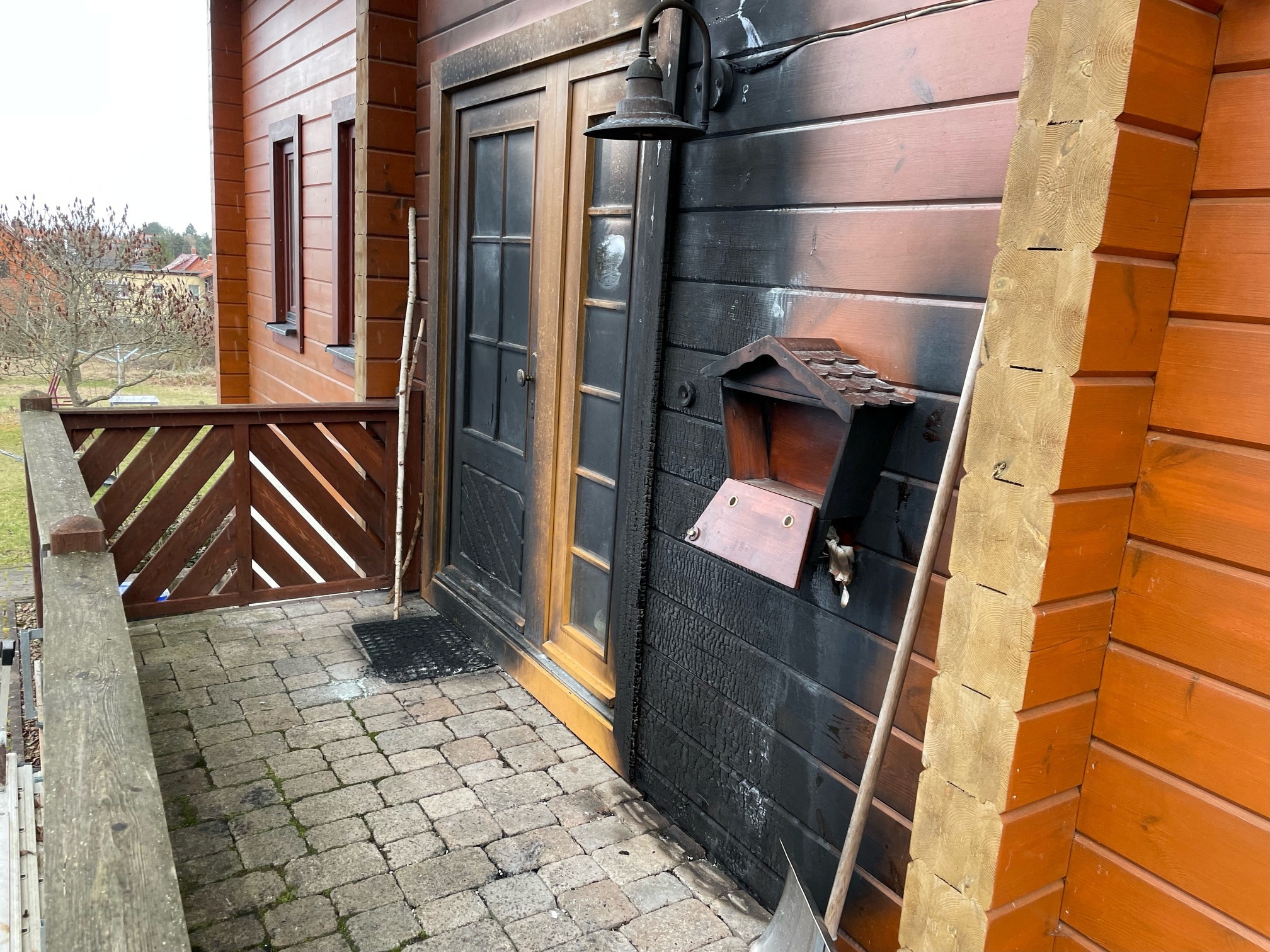Surge in Physical Attacks on German Politicians
In a concerning trend, physical attacks on German politicians have risen sharply as the nation gears up for European Parliament and district council elections. The Federal Criminal Police Office reports a significant increase in assaults causing physical injury, with 22 incidents already in 2024, nearing the total of 27 for the entire previous year.
These assaults are not isolated incidents but part of a broader pattern of heightened tensions and confrontations. Analysts and political parties have noted a shift in the public atmosphere, now more volatile and influenced by the divisive rhetoric prevalent on social media and within populist politics. “We are observing an affective polarization. When dissenters become ‘enemies’,” remarked Stefan Marschall, a political scientist at the University of Duesseldorf.
Politicians across the spectrum have experienced both verbal and physical attacks, with some expressing concern over the potential impact on democratic processes. Michael Mueller, an SPD candidate, faced a harrowing ordeal when his house was set ablaze following his anti-extremism activism. “Giving up is now an option, although I would have never thought it before,” he admitted.
Escalating Hostility
Government data reveals that verbal and physical attacks on politicians have more than doubled since 2019. The Greens, part of Chancellor Olaf Scholz’s coalition, reported the highest number of incidents last year. The resurgence of the far-right Alternative for Germany (AfD) party has also been marked by a significant number of confrontations.
Members of the SPD and Greens attribute the souring mood to the AfD’s inflammatory language. Niklas Nienass, a Green MEP, described being accosted with threats and insults as “almost business as usual.” The AfD, however, has vehemently denied these accusations, with co-leader Alice Weidel condemning any political exploitation of such attacks.
Precautions and Political Climate
With many insults bearing Nazi undertones, politicians from the Greens are taking extra precautions. Max Reschke, head of the Greens in Thuringia, shared disturbing threats received by party members. In response to the escalating violence, some politicians are now avoiding publicizing campaign events in advance and refraining from branding their vehicles.
Interior Minister Nancy Faeser has expressed intentions to stiffen legal penalties for attacks on politicians and activists and to provide more police protection for campaigners. However, with police resources already stretched thin, implementing these measures presents a challenge.
As campaigns continue, politicians in eastern Germany are adopting their own safety measures and conducting more security workshops. Luis Schaefer, head of the Greens in Gera, advises maintaining a minimum number of people at information stands and prioritizing personal safety over campaign materials.
The rise in physical attacks against politicians is a stark reminder of the challenges facing Germany’s political landscape, where ensuring the safety of those who serve has become an urgent concern.





